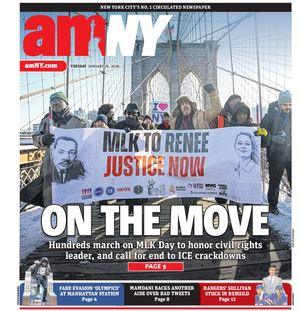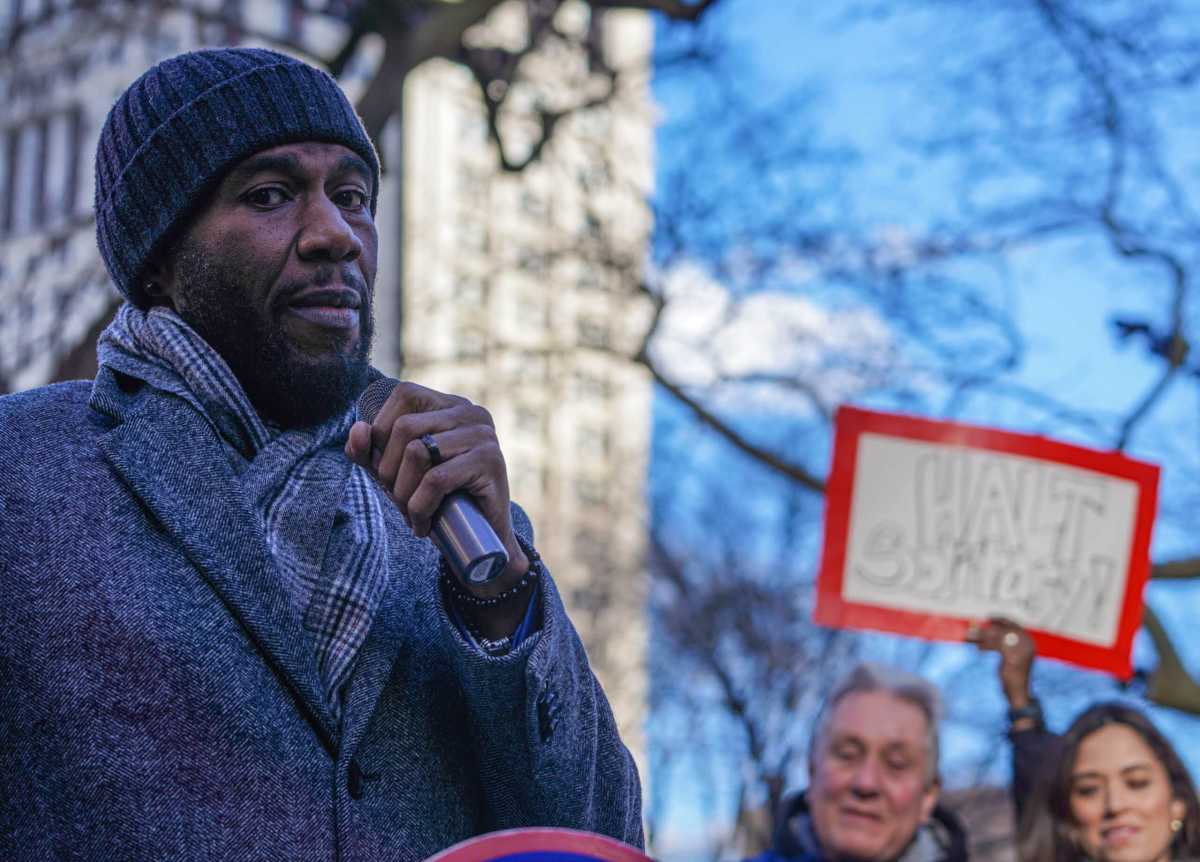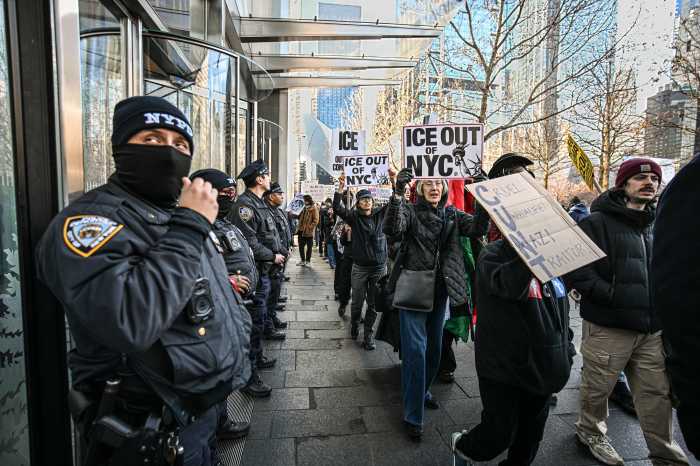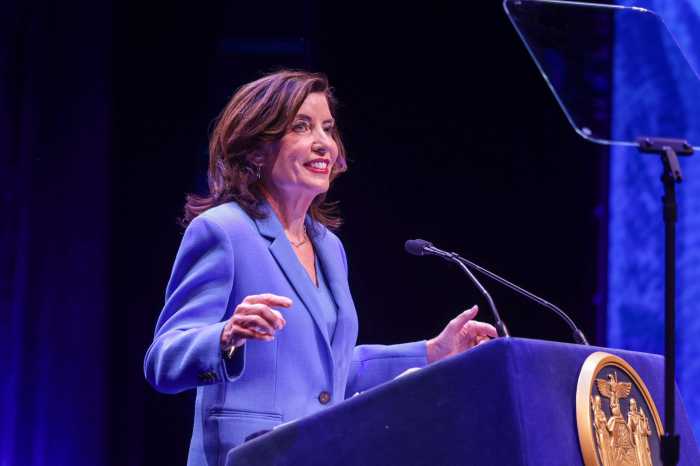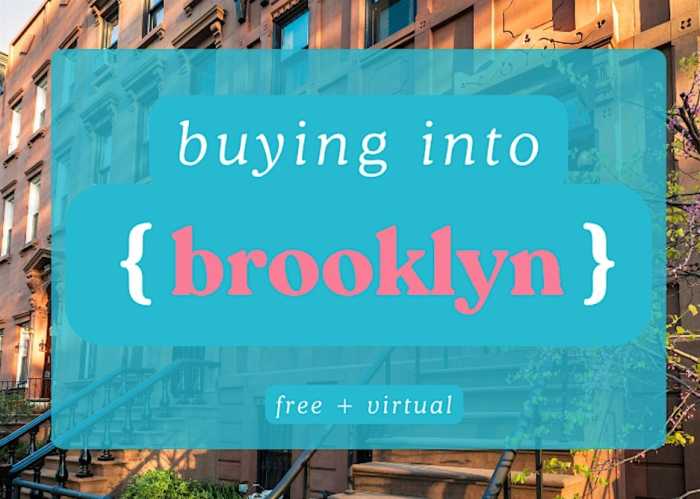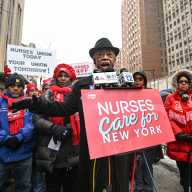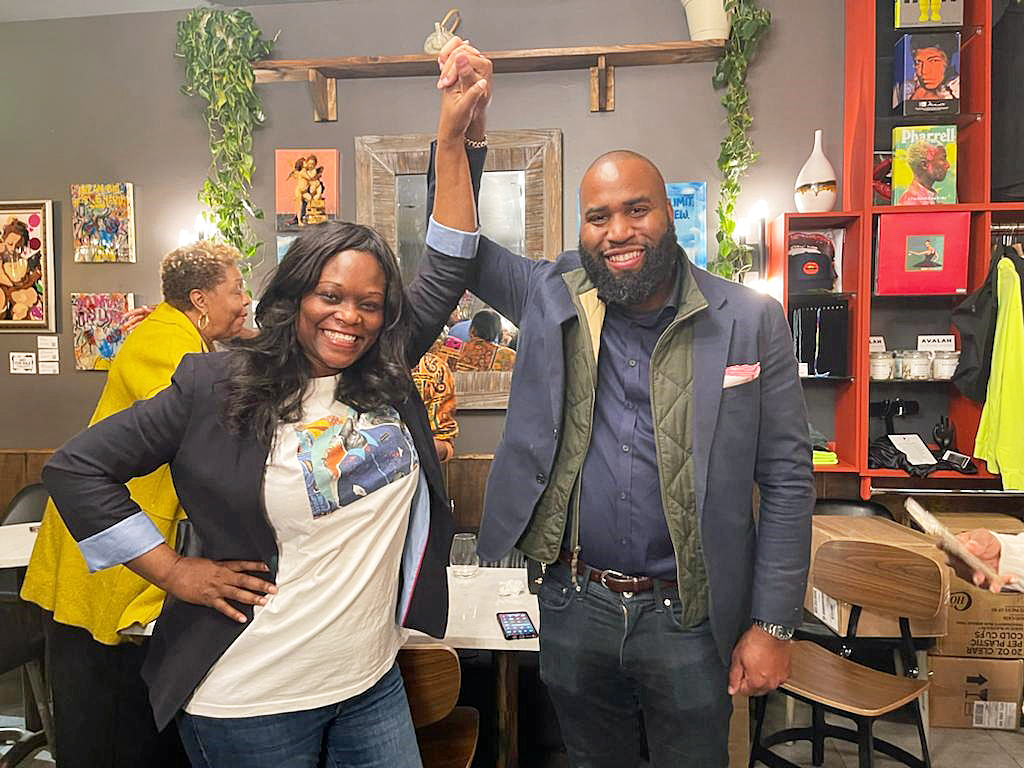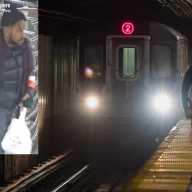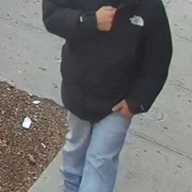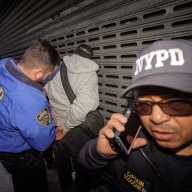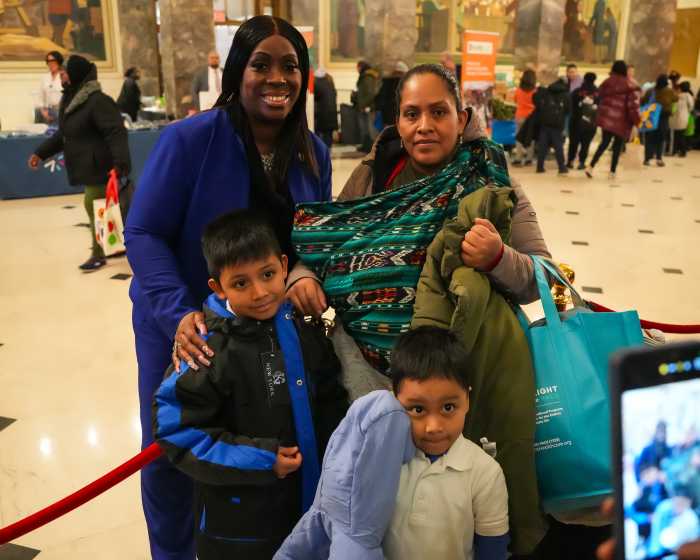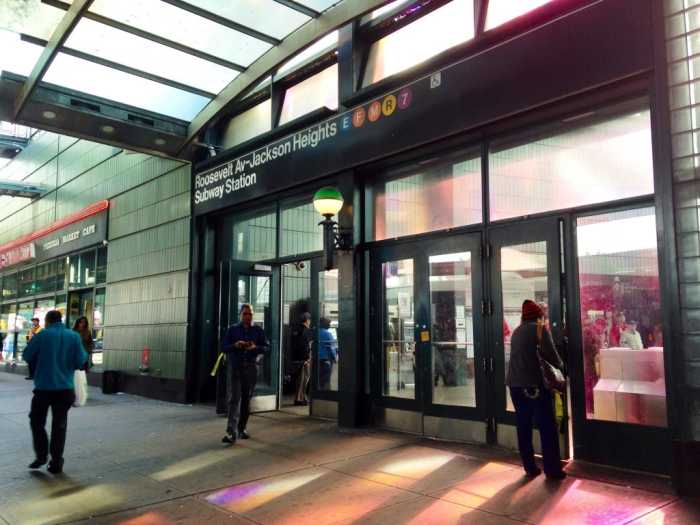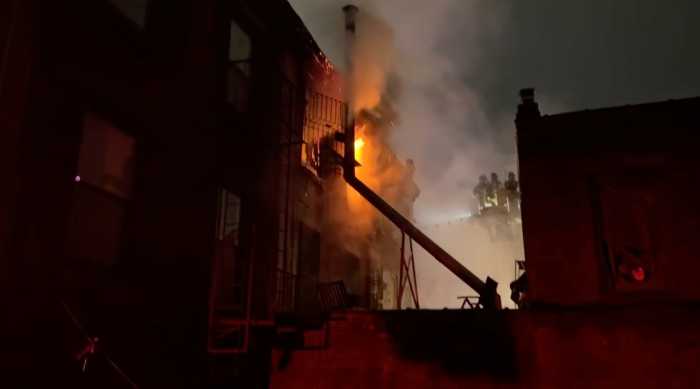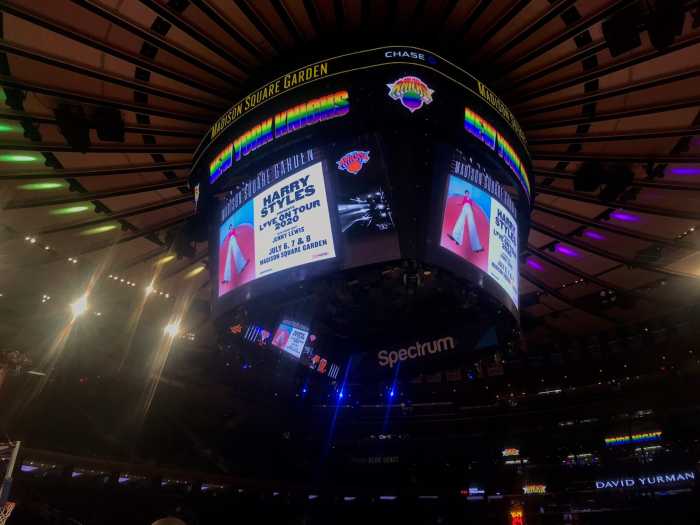Pain and grief are overwhelming our city this week.
On Monday night, Officer Jonathan Diller was shot and killed during a traffic stop. Two days later, Win Rozario was shot and killed by officers responding to his own 911 call for help. In between, Jason Volz was killed when he was pushed onto the subway tracks. All of this comes barely a week after Samiya Spain was killed in a stabbing outside a Brooklyn deli.
When each of these New Yorkers is laid to rest, the grief on the faces of their families will look the same. It will echo the pain I’ve seen at countless funerals for police officers, for victims of police shootings, for children killed by a stray bullet in the street. I’ve joined so many in mourning victims of violence, and each memorial chips away at my spirit but strengthens my resolve – the call to do all we can, with all we have, to change this status quo of loss.
Because this is not working. For anyone. Our systems that have been entrenched and accepted for decades are putting people in harm’s way unnecessarily, with tragic results. This isn’t public safety, for anyone.
Each time a death captures the city’s headlines and hearts, the waves of sadness come alongside waves of indignation and anger.
And that’s okay. It has to be. Anger is not only a reasonable response to these cycles of pain and to individual incidents, it’s expected. We have to then channel that anger, though, in the right direction – preventing future pain.
Instead, too often, people assign inappropriate blame and motivation, misusing a moment of tragedy. They pick their villains and attack their values. Today, those accusations are aimed at elected officials, like myself, who believe in a broader view of public safety – one that addresses the causes of violence at their roots as well as specific incidents. Who believe that we have to get the guns off of our streets, yes, and also have to improve economic circumstances, mental health supports, restorative programs that prevent recidivism. We have seen these ideas work, but in moments like this, it proves much easier to demonize people who believe that touting phrases like “tough on crime” is far too simplistic, when what we really need is to be serious about safety.
Before attacking or assigning blame to community leaders who take this apparently ‘too-progressive’ or nuanced view, many of whom represent the Black and Brown neighborhoods most impacted by violence, I ask people to think about the pain they feel, that they see in the families of the fallen. I can promise you – we have seen that pain as well, too many times, at too many funerals. We’ve seen more grieving mothers than we can ever forget, and I would ask people who are primed to assign baseless blame not to forget that.
I’m angry, too. I’m angry that we can never seem to move forward, because any attempt at complex, lasting change to protect all of us is demonized as pro-crime or anti-police. That the people who condemn progressive policy-makers in the name of the fallen never seem to lift the names of people whose pain doesn’t suit their agenda. I will not accept that, any more than I will accept the violence that cannot be normalized, the loss that cannot be fathomed, the systems that have brought our city to this point of pain that we have seen before and will surely see again, if we don’t break the cycle.
I could never tell someone how to grieve – a deeply personal feeling in the sea of trauma that overtakes entire communities. But I can say that I have seen the benefits of turning pain into purpose, and purpose into progress. And maybe, a week like this can pull us out of our entrenched, reactionary positions so that we can instead address the entrenched systems that have led to far too many funerals.
